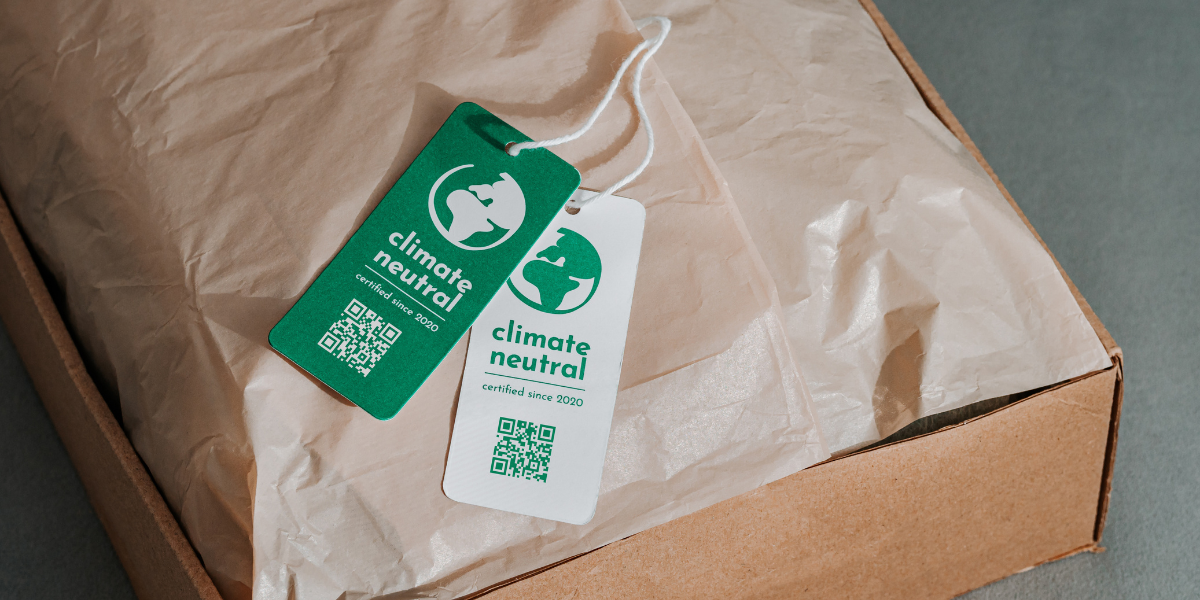Make the correct packaging claims
To avoid greenwashing, it's essential to make truthful and accurate environmental claims on your packaging. Ensure that any claims can be substantiated and are based on up-to-date information. Consumers are bombarded with 87 ecolabels in the United Kingdom, so choose well-established and recognised certifications, such as the Forest Stewardship Council (FSC) logo or the On-Pack Recycling Label (OPRL) logo. The latter “inspires confidence in 9 out of 10 consumers and is referenced by the UN Environment Programme as international best practice”.
These well-known certifications inspire consumer confidence and demonstrate your brand's commitment to sustainability. With the Green Claims Code, every claim must be substantiated too.
Brands are also going above and beyond to actively show their sustainability - it may not be enough to just have recyclable packaging. Show a positive benefit to the planet by supporting local communities and educating customers about your efforts.
What customers expect
Today's consumers are increasingly aware of the environmental impact of their purchases as “81% prefer eco-friendly packaging materials”. Customers are expecting brands to use sustainable packaging and not hide behind icons and fluffy statements, as “61% of consumers expect the brands they buy from to have clear sustainability practices”.
To meet these expectations, marketers should be transparent about the environmental impact of their packaging and ensure that any claims made are easy to understand and backed by evidence.
Use truly eco-friendly packaging materials
Choosing the right materials for your packaging is crucial in avoiding greenwashing. Some popular sustainable packaging materials include:
Paper: Widely recyclable and biodegradable, paper is a popular choice for eco-friendly packaging as most of it can be easily recycled at home.
Bioplastics: These soft flexible plastics are made from renewable resources but are not always made from waste materials. The biggest issue is ensuring that the bioplastic used is truly compostable or recyclable, as some may require specific facilities for proper disposal.
Recycled materials: Using recycled materials in your packaging reduces waste and demonstrates your brand's commitment to the circular economy.
Avoid mixing materials, as this can make recycling more difficult and potentially lead to downcycling or incineration. Additionally, minimise the amount of packaging used to reduce waste and lower your environmental footprint.
Build consumer trust
Avoiding greenwashing in packaging is essential for building consumer trust and promoting your brand's commitment to sustainability. By making accurate claims, understanding customer expectations, and using the right materials, marketers can create packaging that genuinely reflects their brand's environmental values and resonates with today's eco-conscious consumers.
Our expert team can guide you through the buzzword-heavy world of packaging. Contact us today to convey your sustainability credentials to your customers through brilliant eco-friendly packaging design.


